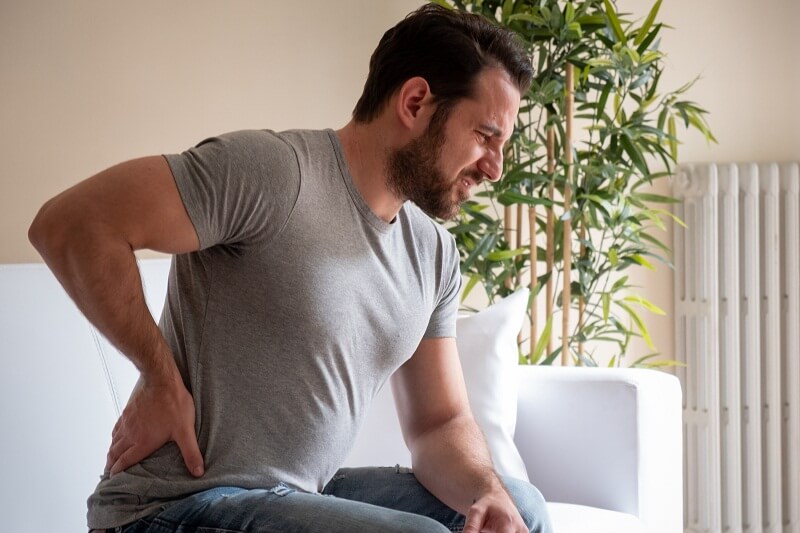If you’re a sports-minded individual, you know how many precautions you need to take to be physically safe, especially if you are on a contact sports team. You’ve probably heard stories about some of the more common athletic injuries, but did you know that kidney injuries are one of the most prominent injuries suffered by athletes?
Our experts at the office of kidney specialist Dr. Gura have seen different symptoms in the kidneys depending on the type of damage they have sustained. Blunt force trauma or major abdominal pain may even cause the kidneys to rupture.
Let’s talk more about what happens when your kidneys burst, and whether it is possible for them to do so spontaneously, as well as what measures you can take to make sure you are not at risk for a kidney rupture.
Kidneys Cannot Explode
First, it’s important to understand what kidneys can and can’t do, even in poor conditions. There is no way for your kidney to “explode” spontaneously, but there are other conditions that can cause a kidney to rupture, causing immense abdominal pain along with other serious symptoms.
Some of the biggest contributors to a ruptured kidney include:
- Contact sports trauma to the side, abdomen, or lower back
- Blockage and urine or blood buildup
The National Kidney Foundation warns against blockage of the kidneys, as it can lead to eventual renal failure as well as toxicity with urine buildup.
It’s important to find out if you are at risk for kidney rupture. Below, we will highlight some of the conditions that can put you at risk for renal failure or eruption, which can have deadly consequences.
Risks for Kidney Rupture
There are some anatomic or biological reasons for kidney rupture that may present themselves in childhood. Children are more susceptible to ruptured kidneys than adults, although there are multiple conditions and events which can put anyone of any age at risk for this rupture.
The biggest risks for kidney rupture include:
- Diabetes
- Chronic infections
- Hypertension
- Heart failure
- Autoimmune diseases or disorders
- Disorders of connective tissue
- Myeloma or myeloproliferative disorder
- Lack of proper rib protection for kidneys in children
How do you know if you are currently exposed to any of these risks? You may start to notice symptoms that first start out as abdominal pain, especially in the right or left side of your body. You might also start to experience muscle pain or pain in your lower back as the kidneys start to have pressure buildup.
In more serious cases, you may have trouble urinating, or when you do urinate, there is not much there. This can also cause symptoms of fever, blurred vision, nausea, and vomiting. If your kidneys have experienced trauma, you may have internal bleeding which can result in something fatal.
Your Treatment Options
If you have visited your kidney specialist and determined that you are at risk for kidney rupture or renal failure, there are many different treatment options that you can invest in. Thankfully, in almost all cases of even severe kidney rupture, conservative treatments can fully heal you. There are a small number of cases each year which require a surgical intervention, but for the most part, you won’t have to invest in something too invasive. You can also expect to make a full recovery.
You will most likely be sent to a urinalysis lab, and you will also receive a diagnostic ultrasound. You should also get your blood pressure tested if you have received blunt trauma to the area. Your doctor may prescribe a medication or offer simple solutions to help your kidneys heal from the pain.
Make Your Life-Saving Appointment Now
At the office of Dr. Gura, we want to emphasize the dire importance of kidney health. Since kidneys are the organs responsible for getting rid of waste, it is important that they are closely monitored at even the slightest sign of pain.
If you are an athlete or you have received physical trauma in or around the kidneys, please get in touch with us right away for a full assessment and treatment plan. Contact us online or call us at (310) 550-6240 to schedule your appointment.

